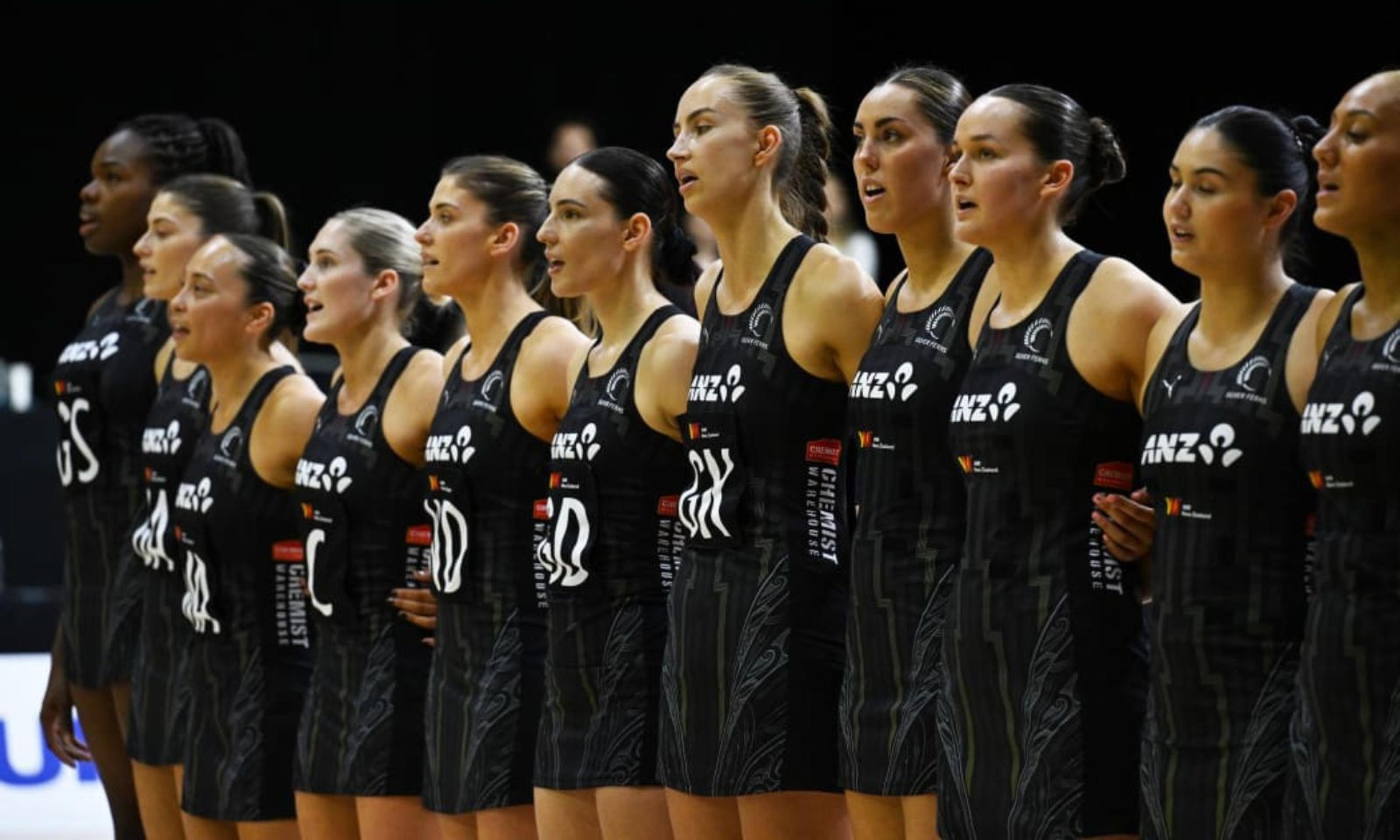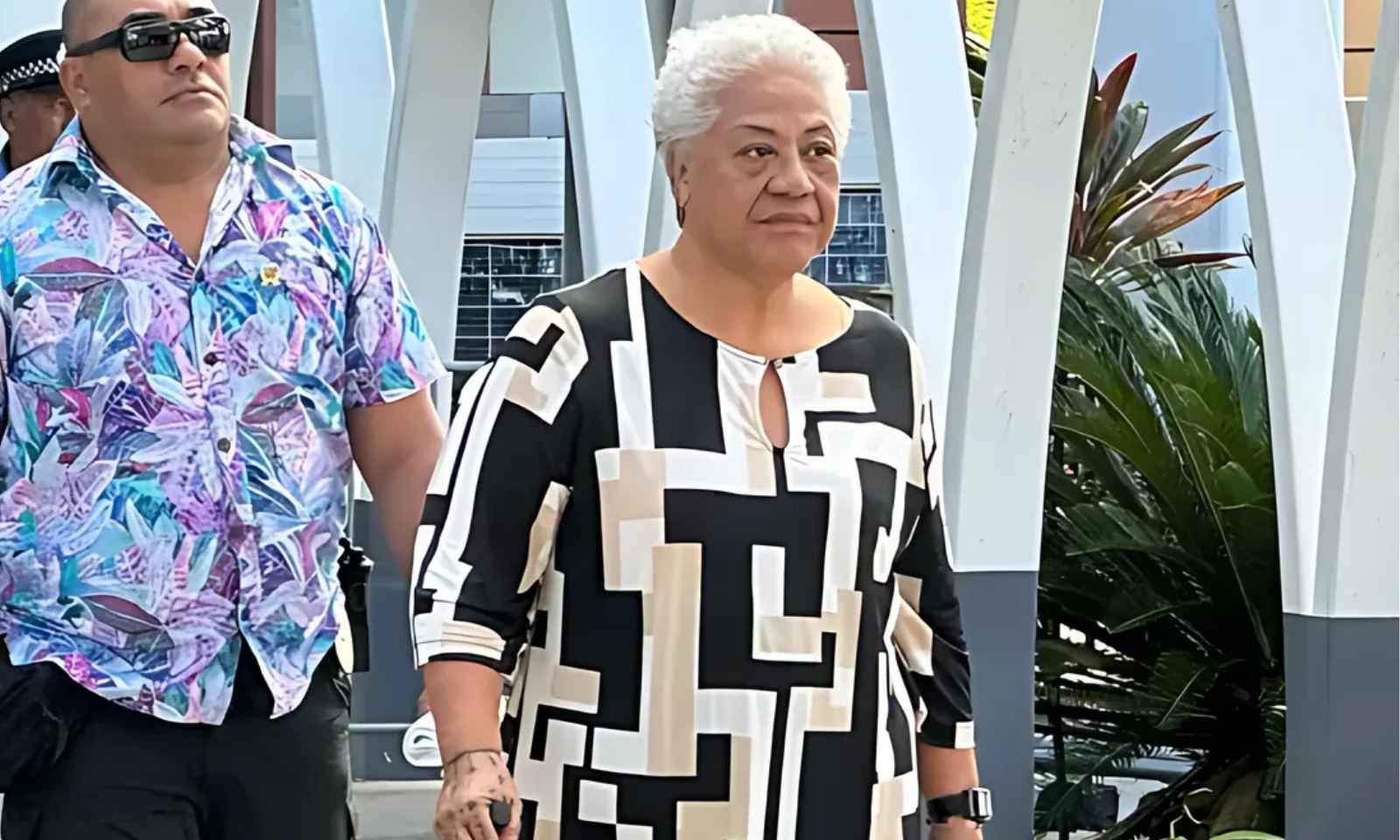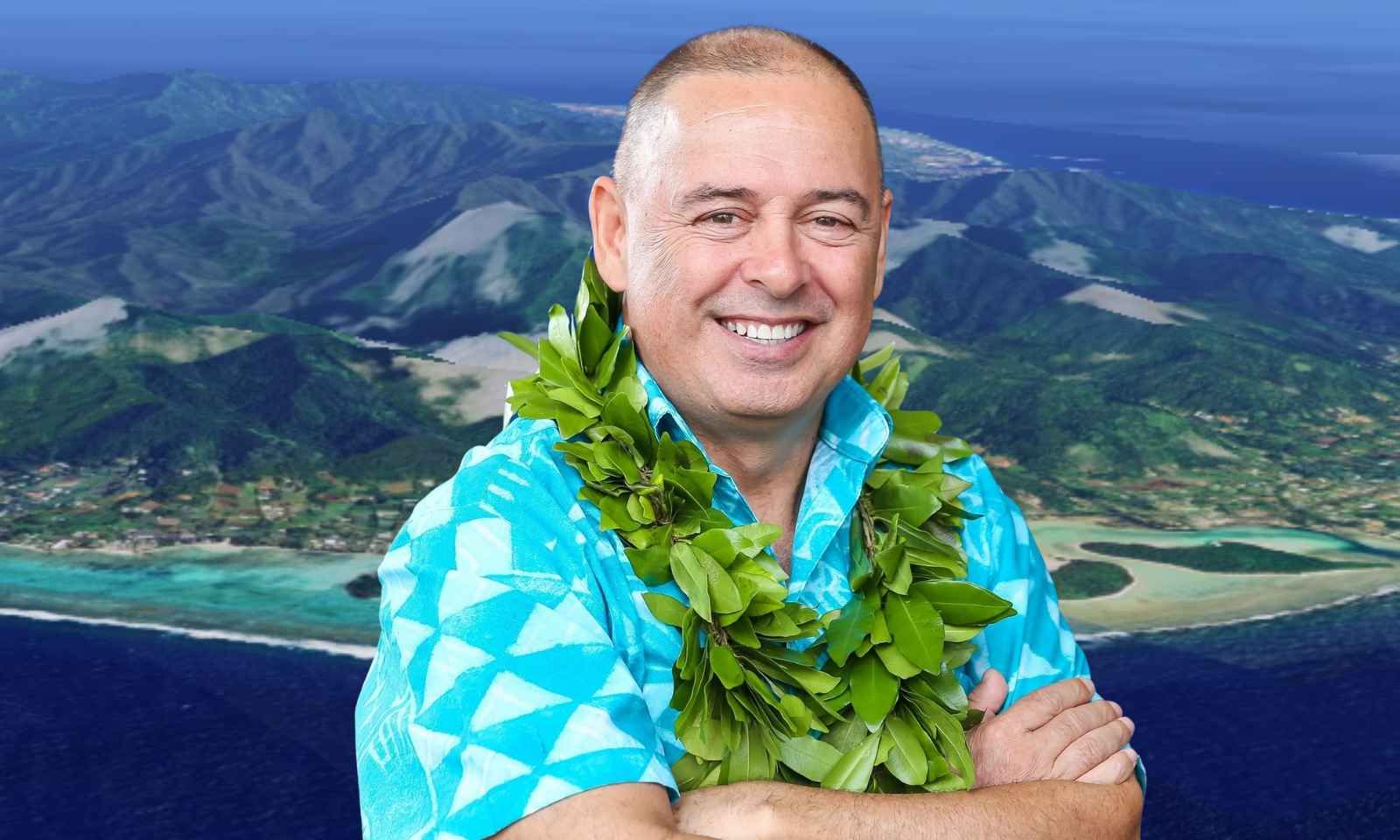

Donald Trump is the 47th President of the United States. A member of the Republican Party, he served as the 45th president from 2017 to 2021.
Photo/@realDonaldTrump X
‘Donald Trump doesn’t know anything about the Pacific’ - expert
Professor Steven Ratuva, of Canterbury University, says that as Trump reduces US engagement in the Pacific, China is swiftly filling the gap.




Fiji’s former Prime Minister and police chief charged with inciting mutiny

Immigration reassesses toddler's declined visa request as Children's Commissioner steps in


US funding cuts threaten to 'dry up' future of Pacific scientists - expert


Fiji’s former Prime Minister and police chief charged with inciting mutiny

Immigration reassesses toddler's declined visa request as Children's Commissioner steps in
A Pacific academic provides insights into the changing dynamics in the region as Sāmoa grapples with political instability and the Cook Islands’ recent engagement with China sparks widespread controversy.
In an interview on Pacific Mornings, Professor Steven Ratuva from Canterbury University says the current political instability in Sāmoa reflects a broader trend across the region.
"It's something which is normal in all countries,” Ratuva says. “In the Pacific itself, Tonga has gone through votes of no confidence, Vanuatu, it's quite common.”
Sāmoa's political landscape remains unstable, with Prime Minister Fiamē Naomi Mata’afa having survived two votes of no confidence.
“So it's part of the process of democracy, the use of votes of no confidence, if various other means do not work and usually politicians use it as a means of trying to achieve whatever political act they have in mind,” Ratuva says.
He acknowledges that while these political struggles are disruptive, Fiamē’s ability to survive them shows resilience and a degree of continuity in Samoa’s leadership.
Cook Islands’ deal with China and autonomy
The diplomatic manoeuvers by the Cook Islands, particularly Prime Minister Mark Brown’s decision to sign an agreement with China, have sparked significant debate.
The situation raises questions about New Zealand’s ongoing role in the region and the extent of autonomy that Cook Islands leaders can exercise in foreign affairs.

Prime Minister Fiamē Naomi Mata'afa walks out of Parliament after the vote of no confidence. Photo/Samoa Observer/Sialai Sarafina Sanerivi
Ratuva believes the controversy surrounding the deal is exacerbated by media coverage but remains “ultimately” a matter for Cook Islanders.
"New Zealand also has to open its mind in terms of deals with its territories in the Pacific and other civilian countries as well.
“Particularly at a time when they're trying to exert more autonomy in terms of their foreign policy.”
He says the idea of consultation, which is mentioned in the constitution but absent from the 2001 agreements between New Zealand and the Cook Islands, needs to be revisited.
“The consultation, what form does it take? And how does it play out in the context of the dynamics of what's happening around the Pacific?

Cook Islands Prime Minister, Mark Brown. Photo/Mark Brown Facebook
“Particularly with the big powers like China coming in and how small states such as the Cook Islands, to what extent are they able to exercise their sovereignty in engagement with other countries?
“And to what extent does New Zealand still hold the strings in terms of what to be done and what not to be done?”
Geopolitical shifts and the US retreat
Ratuva also comments on the evolving global landscape, particularly the implications of the Trump administration’s foreign policy.
“You're going to see a lot of Pacific people being deported from America as a result of the new immigration approach by the Trump administration.
“And also the withdrawal of the USAID means that a lot of the communities in the Pacific are going to be deprived of support in terms of areas of climate change and in aspects of wellbeing and health and so forth.
Watch Professor Steven Ratuva's full interview below.
“Trump doesn't know anything about the Pacific.”
With the United States decreasing its strategic engagement, China is poised to expand its military and economic influence.
Ratuva warns of the potential repercussions of the US retreat, including reduced development aid and increased deportations of Pacific Islanders due to stricter immigration policies.
"In 2022, the countries in the region, the leaders in the region, were invited by Biden to Washington to sign the US Pacific Partnership Agreement.
“They were promised $800 million. The money didn't come and really never come anyway. So they've been kind of almost tricked by the US.”

Former US President Joe Biden, centre, and leaders from the Pacific Islands Forum on the North Portico of the White House on 29 September 2022. Photo/Chip Somodevilla
Looking ahead, Ratuva says Pacific nations must balance their sovereignty while managing relationships with more prominent geopolitical players.
“So now the question now is, how do we deal with the Chinese?
“Now that they're here and they're going to expand, as we've seen in the Cook Islands, their interests and their influence in the region and how civilian countries need to maintain the sense of resilience and power and strength to be able to deal with China in a strategic manner.”